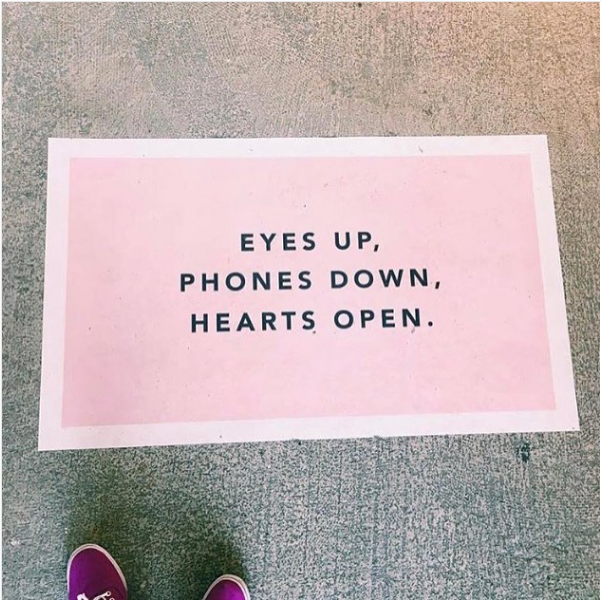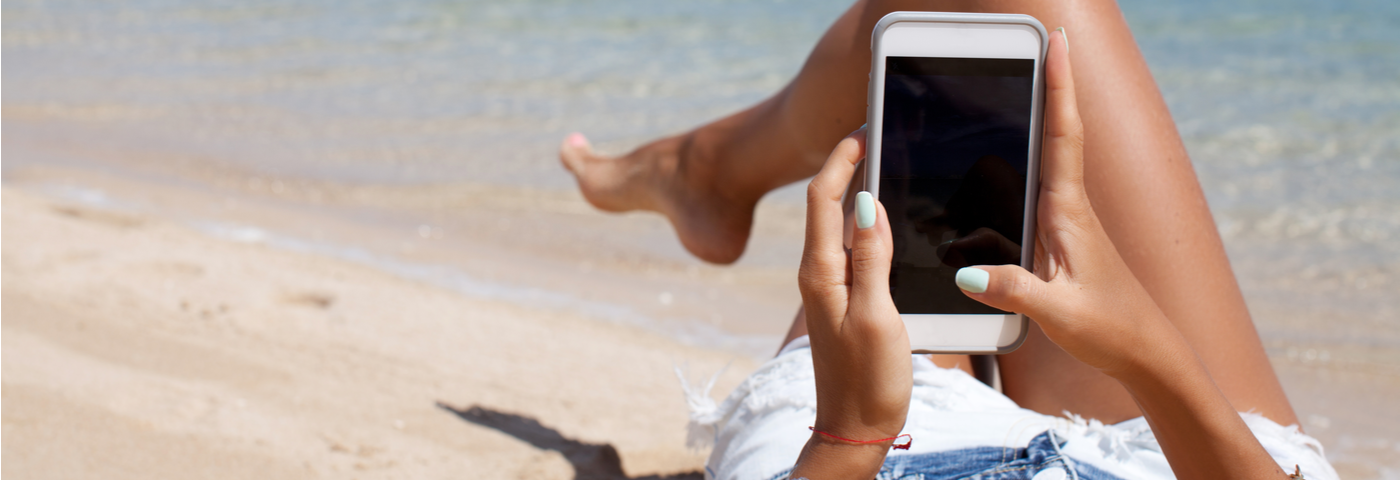Last week, a village in Switzerland got loads of press coverage for banning tourists from taking photos of its scenery and sharing them on social media. According to the local Mayor, Peter Nicolay, “We don’t want to make people outside the community unhappy by sharing social media photos of our picturesque landscape, and we cordially invite you to visit Bergün to experience it for yourself.”
All of a sudden there were hundreds of stories linking to this self-proclaimed beautiful place in Conde Nast Traveller, Travel+Leisure, Huffpost, Telegraph etc etc. Two days later the very short-lived but remarkably well-shared ‘ban’ was rescinded; and the social media campaign – for such it was – declared a resounding success. We’ll know just how successful it has been if Bergun becomes the latest destination to make the news because it is groaning from the pressures of too many tourists coming to see how beautiful it is.
These two phenomena are developing simultaneously:
- stresses caused through rapid growth in tourism numbers in the world’s beauty spots
- stresses brought on through excessive social media use
That may be pure coincidence, but there is enough common ground to make the links worth exploring.
Both are closely related to the vogueish phenomenon of the fear of missing out (FOMO). A 2016 study on last chance tourism and the Great Barrier Reef, found a major reason for tourists visiting Australia’s Great Barrier Reef was to see it before it completely disappeared. A self-fulfilling prophecy, considering just last month scientists said the reason the reef ‘cannot be saved’ is climate change, and most of these tourists will have flown half the way round the world to see it.
The Swiss mayor said he was concerned for the impact of people’s photos on their friends’ happiness, and if you type ‘Social Media’ and ‘FOMO’ into a search engine you will find several studies finding increasing links between the two, and the anxiety and stress that results.
Research from 2016 reckons that on average we tap, swipe and click our devices 2,617 times each day. A 2015 University of Derby study found higher scores of narcissism and levels of neuroticism were linked to smartphone addiction. And another 2016 study said social media is making 7 million Brits ‘depressed’ from looking at their friends’ supposedly perfect lives.
What you’ll also find, therefore, is a cynical selling opportunity. AdEspresso, a website looking to teach marketers how to use social media, wrote an article on how to use FOMO marketing on social media. They stated that “users who experience FOMO are more likely to engage on social media, and can be encouraged to make purchases influenced by their fear. Because of this, it’s an incredibly useful tool for marketers that shouldn’t be overlooked.”
This is the heart of the paradox. People are too busy instagramming their holiday to fully engage with it. But thanks to us feeding our photos and reviews into Tripadvisor, Facebook and Instagram, we’re creating an ‘incredibly useful tool’ for marketing tourism.
The paradox can also be seen in the importance most of us place on access to free wifi in hotels, set against the growing popularity of digital detox holidays, where people actively seek out destinations and places to stay where they can’t access social media – either from being so remote as to be off-grid or because they are set up as phones-free wellness retreats. Indeed 2017 will be all about JOMO (Joy of Missing Out) says the Australian website Body and Soul.
What on earth are those trying to promote a more responsible form of tourism, one that is better for all concerned, supposed to do? How do we get tourists to connect more with nature and the people around them if the best way to connect with these tourists in the first place is through social media?
All suggestions welcome. On Facebook. Obvs.


